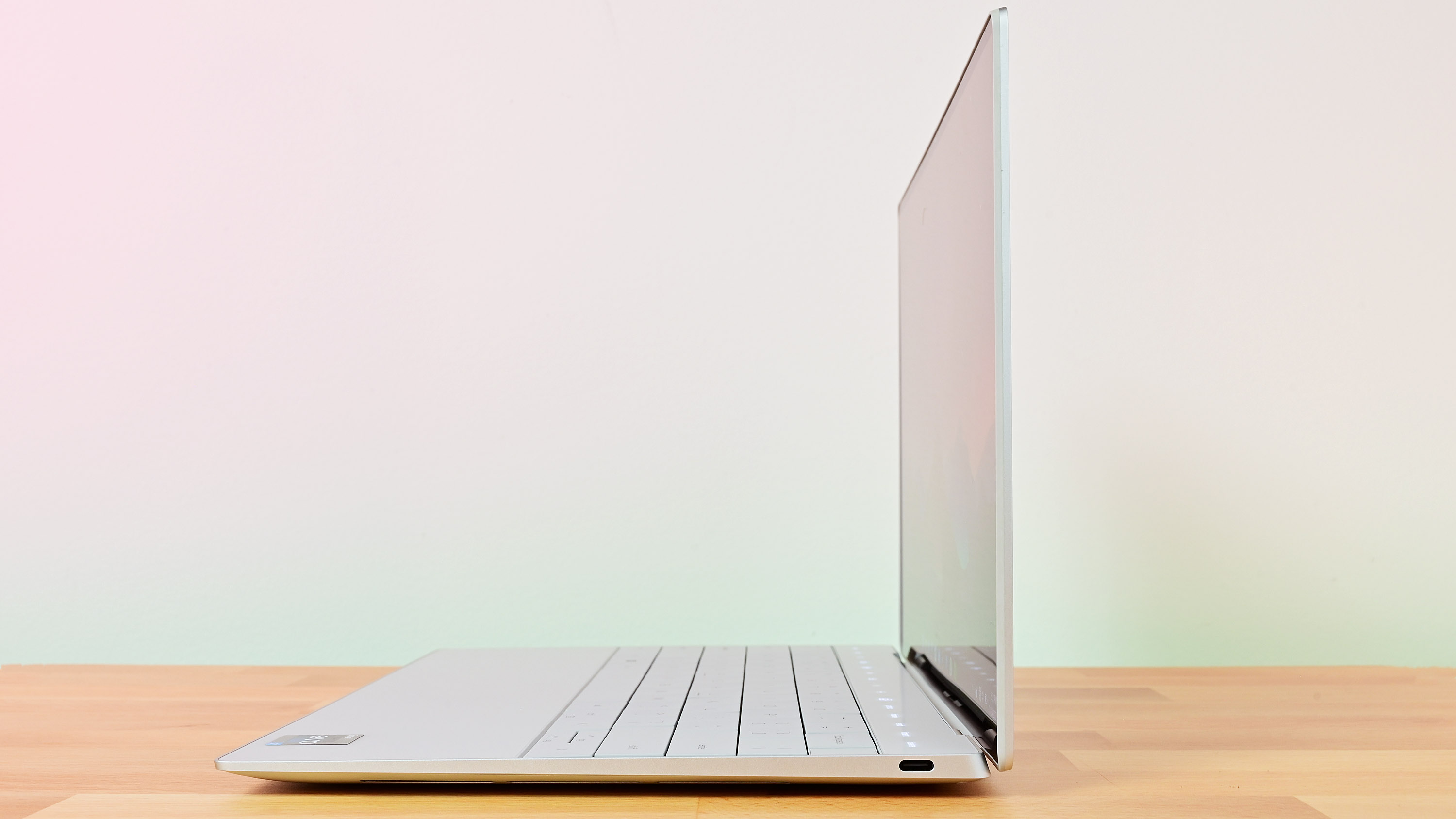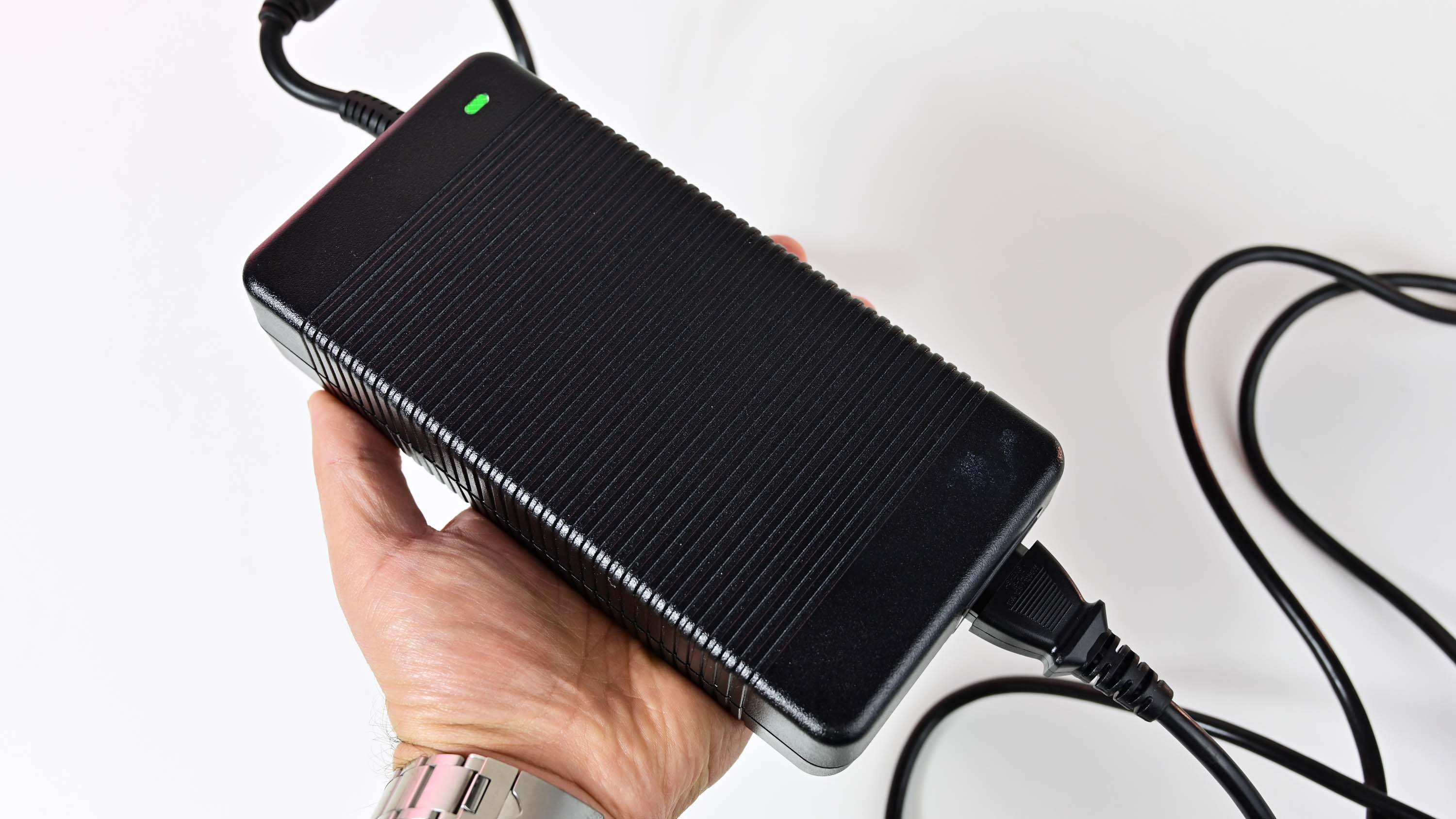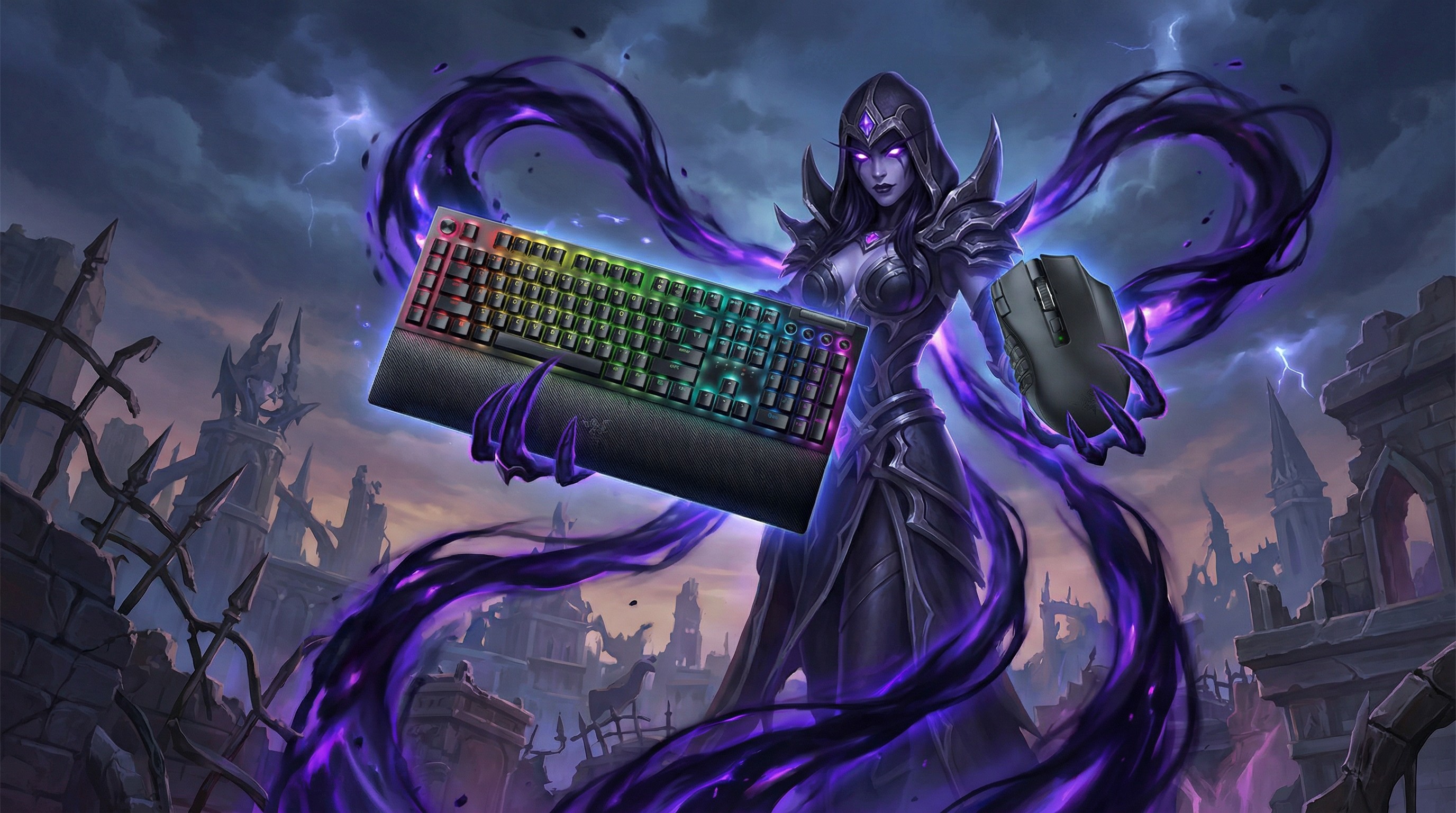iPhones aren't the only gadgets being forced to USB-C
Many laptops will have to have USB-C for charging by spring 2026.

All the latest news, reviews, and guides for Windows and Xbox diehards.
You are now subscribed
Your newsletter sign-up was successful
What you need to know
- The European Parliament recently approved a law that will require many electronic devices to use USB-C for charging.
- Mobile phones, tablets, and cameras sold in the EU will require USB-C by the end of 2026.
- Laptops will also require USB-C charging by spring 2026, though there are some exceptions.
The European Parliament just passed a law that will require many electronic devices to feature USB-C ports for charging. The new rule from the EUmade headlines because it will require iPhones to use USB-C. That is unless Apple removes physical charging from them altogether. But mobile devices aren't the only gadgets that will have to have USB-C. Many of the best Windows laptops and a long list of other devices will need to share the same charging solution.
The requirement to use a single charging solution will roll out in phases. By the end of 2024, all mobile phones, tablets, and cameras sold in the European Union will have to have a USB-C charging port. In the spring of 2026, the requirement will extend to laptops.
The European Parliament shared a list of devices that will have to use USB-C in the future:
- mobile phones
- tablets
- digital cameras
- headphones and headsets
- handheld videogame consoles
- portable speakers
- e-readers
- keyboards
- mice
- portable navigation systems
- earbuds
- laptops
In addition to devices needing USB-C, the EU law requires any device that supports fast charging to have the same charging speed.

The new rules only apply to devices operating with up to 100 Watts of power delivery, so there will be some exceptions, even after 2026. For example, many of the best gaming laptops draw more than 100 Watts of power.
"The common charger will finally become a reality in Europe. We have waited more than ten years for these rules, but we can finally leave the current plethora of chargers in the past," said Parliament's rapporteur Alex Agius Saliba. "This future-proof law allows for the development of innovative charging solutions in the future, and it will benefit everyone - from frustrated consumers to our vulnerable environment."
As this is a law in the EU, manufacturers could technically continue to use other forms of charging on laptops in other countries, but that seems unlikely. The industry has shifted toward USB-C over the past few years, and by 2026 the charging solution should be ubiquitous.
All the latest news, reviews, and guides for Windows and Xbox diehards.

Sean Endicott is a news writer and apps editor for Windows Central with 11+ years of experience. A Nottingham Trent journalism graduate, Sean has covered the industry’s arc from the Lumia era to the launch of Windows 11 and generative AI. Having started at Thrifter, he uses his expertise in price tracking to help readers find genuine hardware value.
Beyond tech news, Sean is a UK sports media pioneer. In 2017, he became one of the first to stream via smartphone and is an expert in AP Capture systems. A tech-forward coach, he was named 2024 BAFA Youth Coach of the Year. He is focused on using technology—from AI to Clipchamp—to gain a practical edge.
